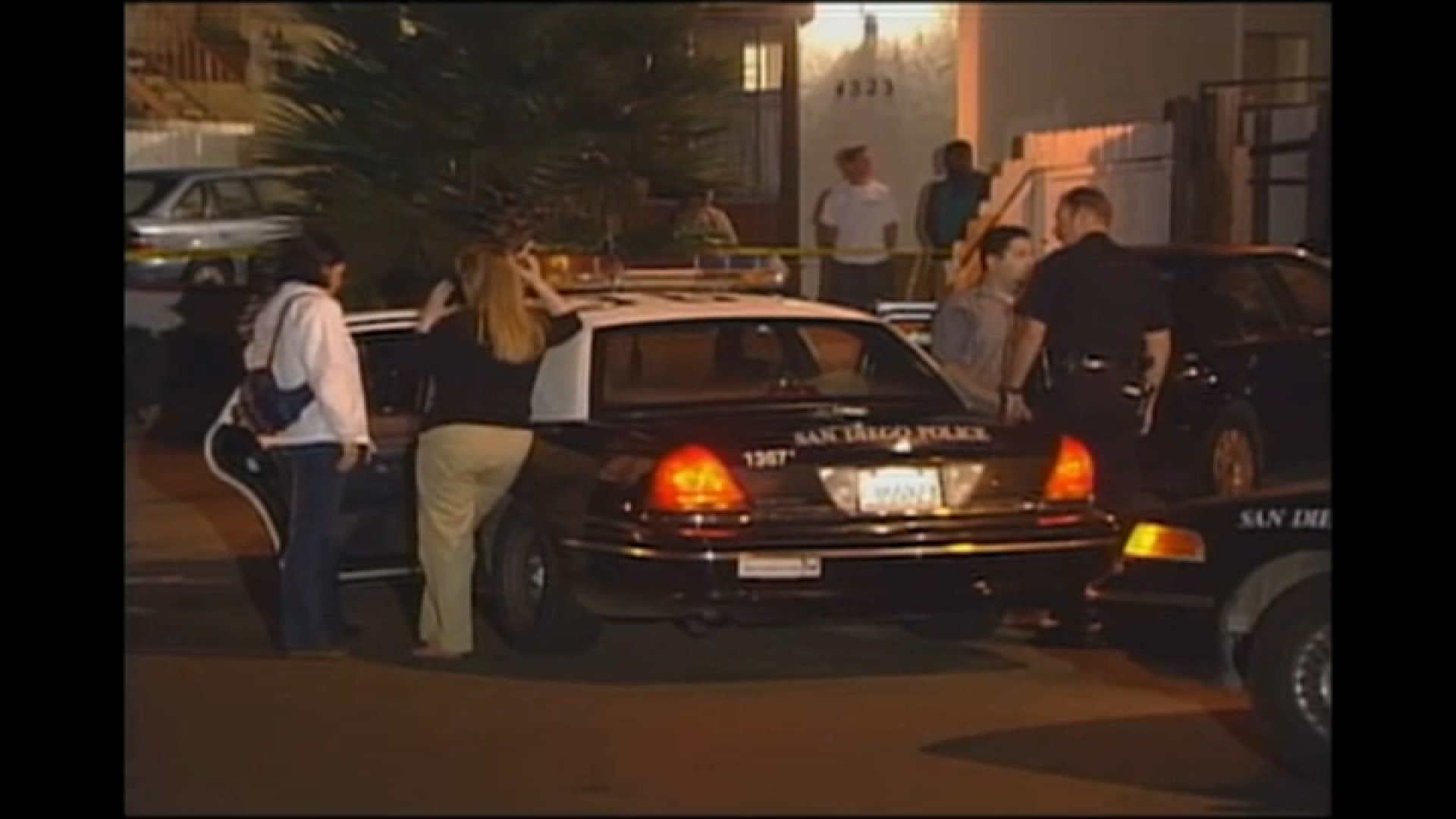A San Diego U.S. Attorney issued a statement backing up Attorney General Jeff Sessions’ decision to end an Obama-era policy that largely shielded local legal marijuana businesses from federal raids and prosecutions.
Southern District of California U.S. Attorney Adam Braverman said Sessions’ memo outlining the changes “returns trust and local control to federal prosecutors” to enforce the Controlled Substance Act.
Just days after Californians rang in the new year by welcoming recreational pot shops for adults, Sessions rolled back a previous 2013 policy that instructed federal prosecutors to prioritize enforcement regarding marijuana to cases where there was a more serious criminal concern.
Those more serious concerns included distribution to minors and funneling funds to criminal organizations like cartels and organized crime.
Instead of the previous lenient federal enforcement policy, Sessions' new stance will give federal prosecutors more leeway to decide how aggressively to enforce a longstanding federal law prohibiting it.
Colorado's U.S. Attorney says his office won't change its approach to prosecuting marijuana crimes. While U.S. Attorney Adam Braverman, Southern District of CA said his office is committed to enforcing the laws enacted by Congress, which treats marijuana as an illegal controlled substance.
“The Department of Justice is committed to reducing violent crime and enforcing the laws as enacted by Congress. The cultivation, distribution, and possession of marijuana has long been and remains a violation of federal law,” Braverman said via a written statement. “We will continue to utilize long-established prosecutorial priorities to carry out our mission to combat violent crime, disrupt and dismantle transnational criminal organizations, and stem the rising tide of the drug crisis.”
Local
At Southwest Patient Group in Otay Mesa on Thursday, it was business as usual.
Southwest Patient Group is licensed by the city of San Diego and the state of California to operate.
“The public is very supportive of legal marijuana. This change shows the huge disconnect between the public and our government right now,” said owner Adam Scherer.
Scherer said he and his business partners were in a “wait and see” situation on the revised policy.
“California has one of the strongest state regulatory systems they’re putting in place, tracking (marijuana) from seed to sale,” Scherer said. “With the state regulating, it should take a lot of pressure off the federal government in worrying about bad actors.”
Local law enforcement told NBC7 not much is expected to change with their approach to enforcement.
In San Diego, police are typically targeting the black market during investigations, not the legal and licensed businesses.
Former prosecutor John Kirby noted the policy change does not instruct prosecutors to prioritize marijuana enforcement or push federal agencies into specific investigations.
“I was with the federal government the last time there was a push to prosecute federal marijuana laws and it quite frankly fell flat,” Kirby said, who noted that federal juries have a hard time convicting solely on marijuana violations.
“Medical marijuana was already used in California. It is already accepted in California, and quite frankly, juries don’t like to convict on something they see as legal,” Kirby said.



